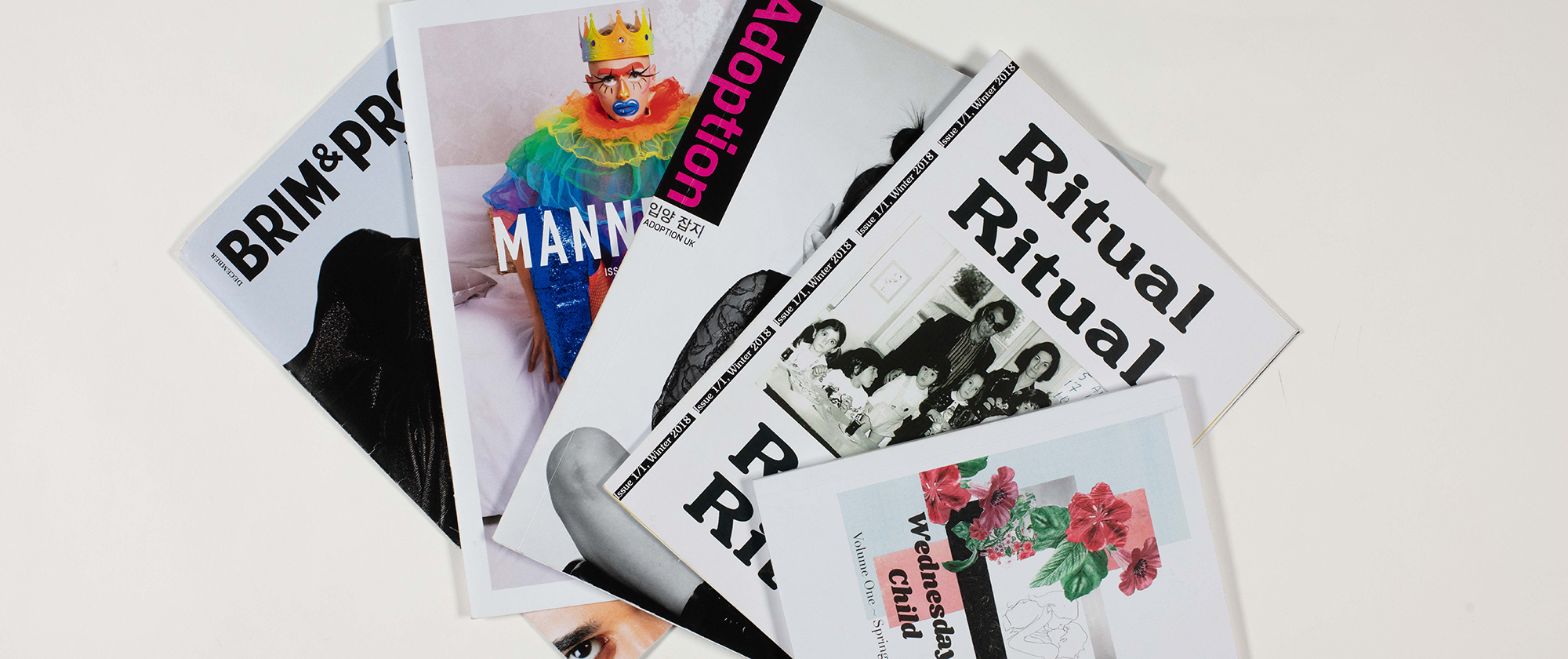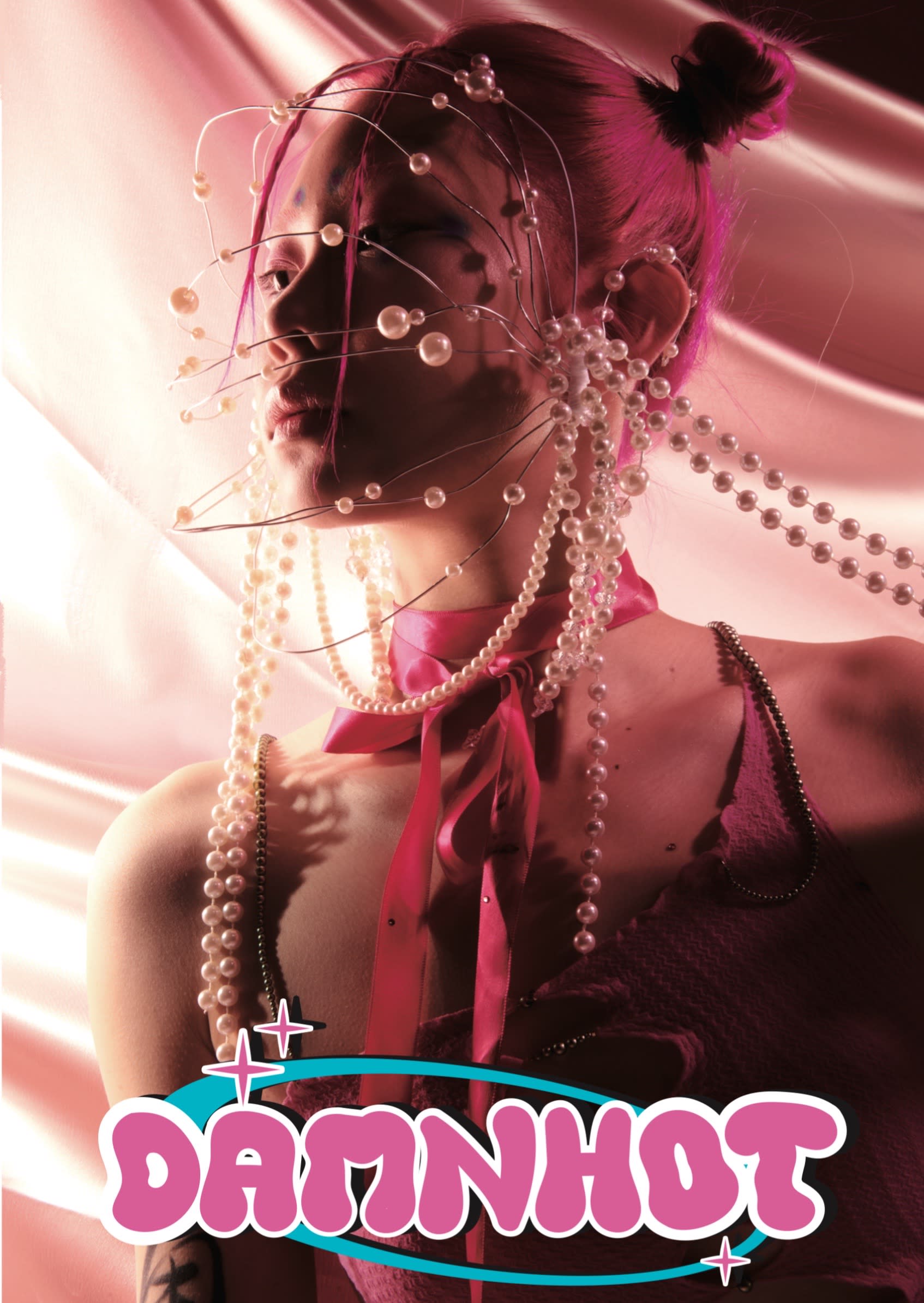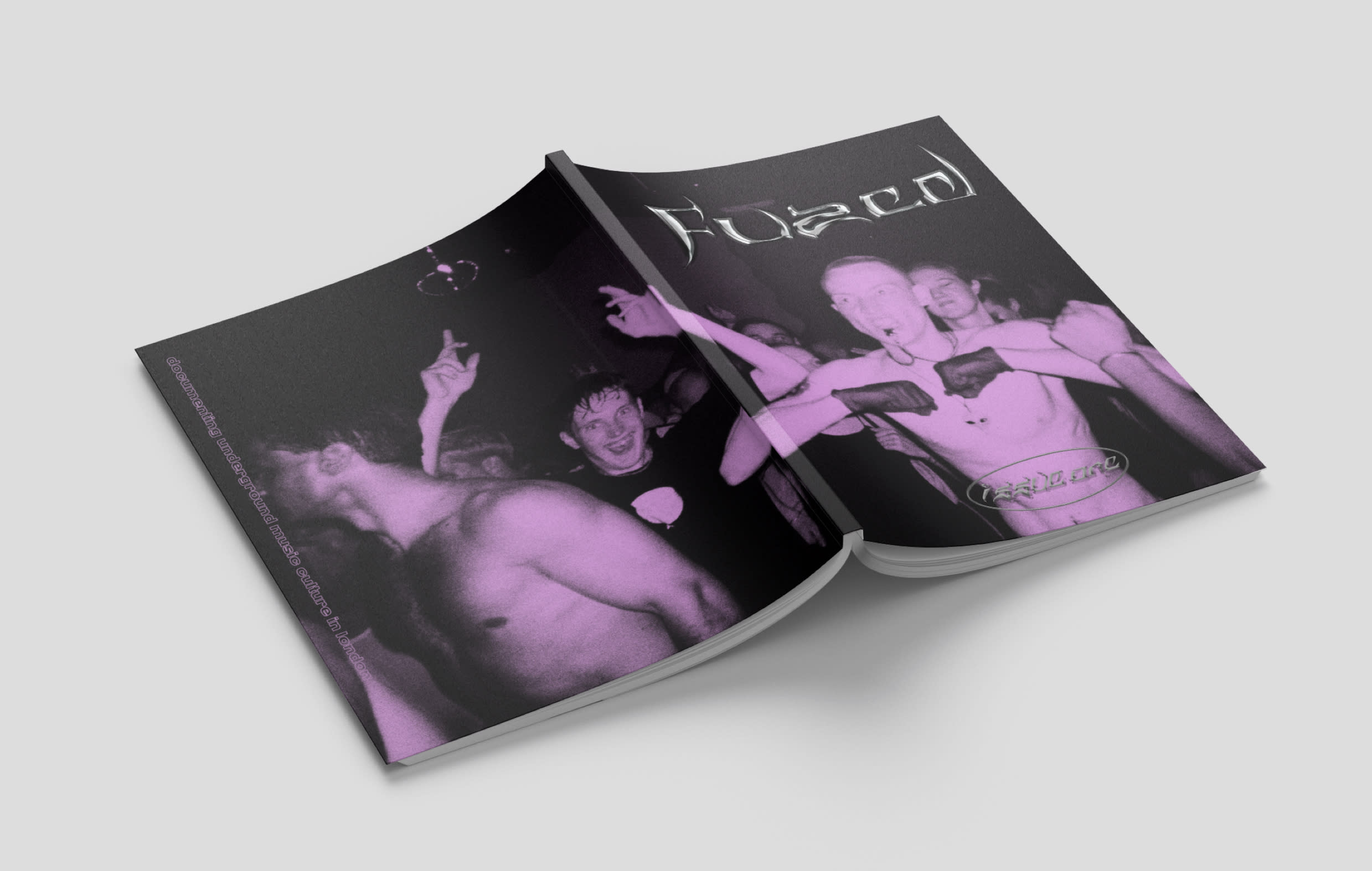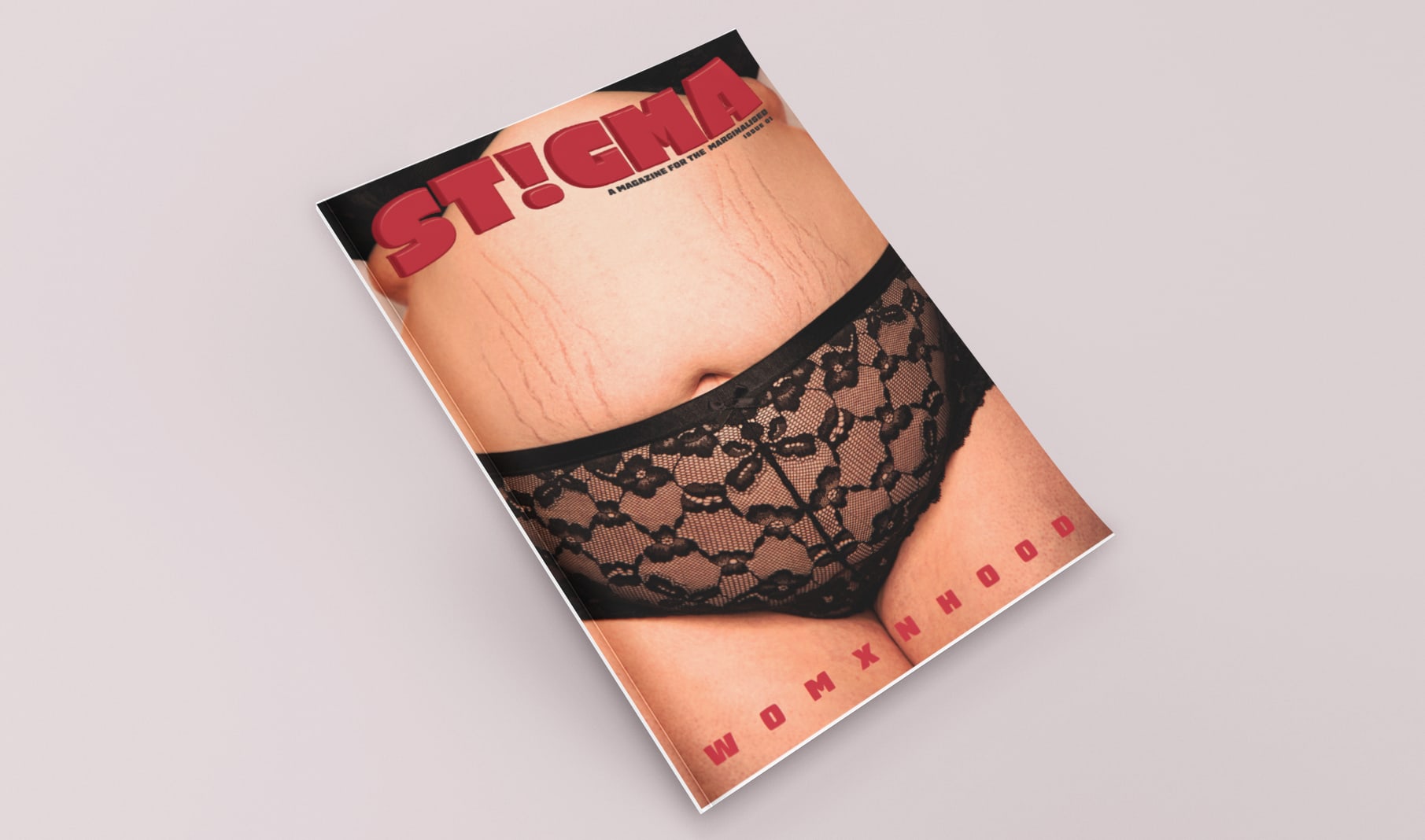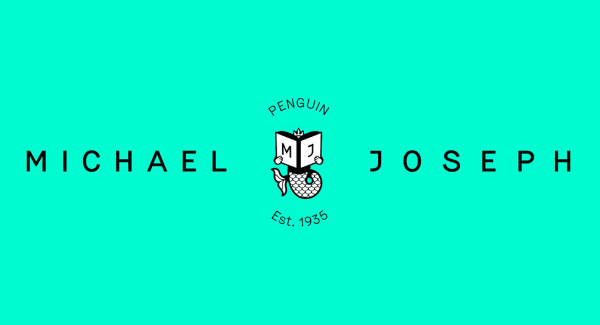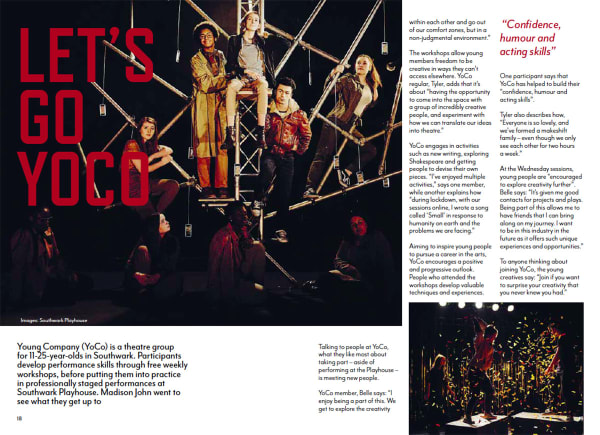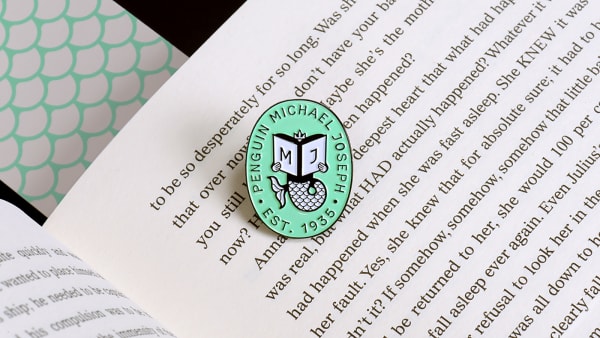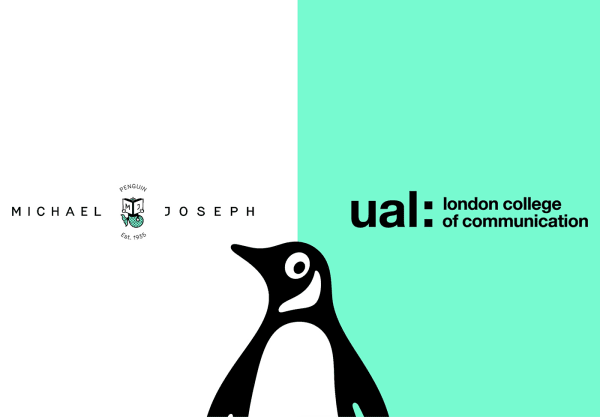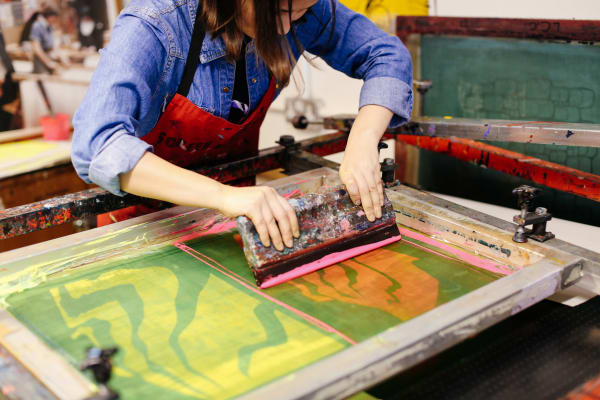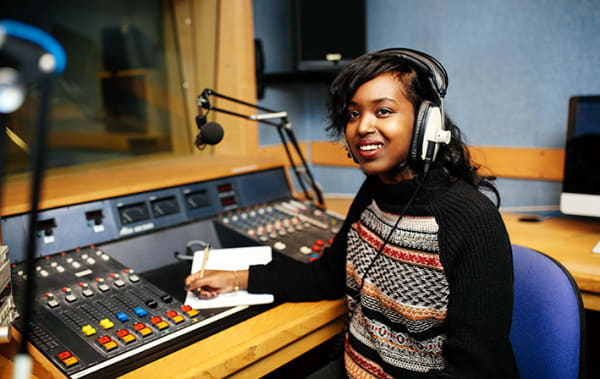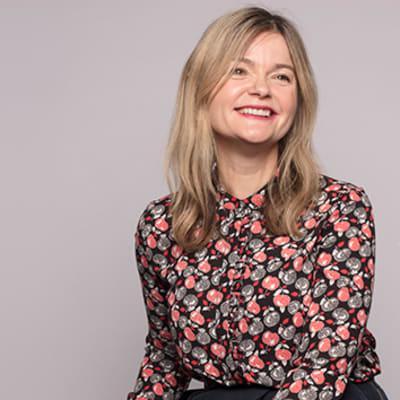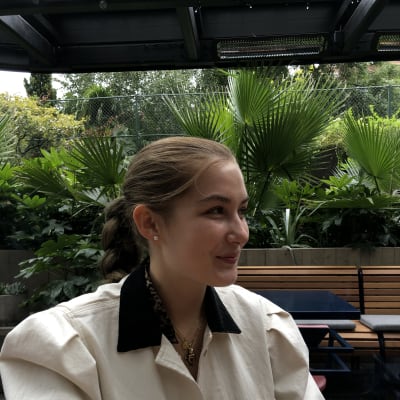Course units
We are committed to ensuring that your skills are set within an ethical framework and are embedding UAL’s Principles for Climate, Social and Racial Justice into this course.
In common with all courses at the University of the Arts London, this course is credit rated. The course is 3 years, levels 4-6. Each year requires you to achieve 120 credit points.
To be awarded the BA (Hons) Magazine Journalism and Publishing qualification, you need to accumulate a total of 360 credits. All modules listed below are compulsory.
Year 1
Introduction to Magazine Journalism and Publishing (20 credits)
You’ll be introduced to the course, key approaches for the study of magazines, and skills required for independent and collaborative learning.
Exploring Magazines (20 credits)
This theoretical unit situates magazine publishing within a broader cultural and social context. You’ll begin to grasp the subtleties of how publishers have defined and responded to the needs of their audiences.
Essential Journalism Skills (20 credits)
You’ll develop the basic skills of producing magazine journalism for print and online, and focus on shaping your content to fit the editorial ethos and tone of voice of specific publications.
Multiplatform Journalism (20 credits)
You’ll be introduced to multiplatform content creation and the role of the editor in developing cross-platform editorial treatments. You’ll put forward a strategy to promote your work on social media.
Law and Ethics (20 credits)
This unit covers the legal and ethical boundaries within which journalists and publishers operate, including defamation, privacy, contempt and copyright.
Art, Design and Production (20 credits)
You’ll focus on the magazine production process and learn how to use industry-standard software for designing across print and digital platforms. In doing so, you’ll consider how visual aspects contribute to the personality and editorial tone of a publication.
Year 2
The Business of Magazines (20 credits)
You’ll learn more about magazines as commercial entities, investigating the methods publishers employ to generate sustainability and growth.
Multiplatform Magazine Publishing (40 credits)
As part of a team, you’ll conceive, create and publish a multiplatform magazine. You will further develop your journalism, editing and production skills while also drawing on publishing business skills to develop the brand while growing your readership and community.
Option Unit (20 credits)
You'll choose to pursue academic or practice-based research in a specific area of journalism or publishing. Topics may include branded content, social justice journalism, or magazine design and branding.
Researching Magazines (20 credits)
You’ll explore a combination of theories for analysing magazine publishing activities alongside essential academic skills to prepare for the Year 3 Dissertation Unit, such as the use of sources, research methods and how to write a literature review.
Professional Industry Practice (20 credits)
You’ll have a choice of either completing a period of work experience or collaborating on specific briefs provided by media industry partners.
Year 3
Final Major Project (60 credits)
You’ll use a range of journalistic, editorial, organisational and business skills to create – and, if you wish, to launch - a new magazine publishing project of your choice.
Research Project (40 credits)
You’ll write a dissertation on a magazine-related topic, carrying out relevant primary and secondary research under 1-to-1 supervision. This also offers great preparation for further study at MA level.
Creative Futures (20 credits)
You’ll have the opportunity to focus on career options, preparing you for life post-graduation.
Optional Diploma between Years 2 and 3
Between Years 2 and 3 of your course, you’ll also have the opportunity to undertake one of the following qualifications:
Diploma in Professional Studies (DPS) (Optional)
An optional, year-long learning opportunity which enables you to develop your professional skills by undertaking time out for industry experience. Supported throughout the year by academics, you’ll build on the knowledge gained on your course in a range of national or international locations, and graduate with an additional qualification of Diploma in Professional Studies.
UAL Diploma in Creative Computing (Optional)
Between Years 2 and 3, you can undertake the year-long Diploma in Creative Computing. This will develop your skills in creative computing alongside your degree. After successfully completing the diploma and your undergraduate degree, you’ll graduate with an enhanced degree: BA (Hons) Magazine Journalism and Publishing (with Creative Computing).
